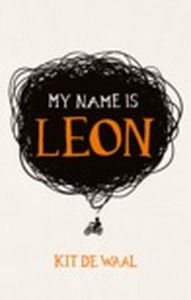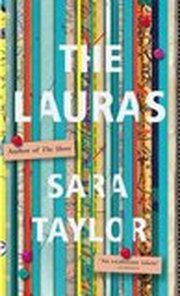Maureen has a lovely way with the boys, initially taking two pages of notes on what Leon has learnt about how best to care for his brother. But Maureen can’t prevent them being separated when their mother isn’t deemed capable of having them back and Jake is put forward for adoption. A new forever family is easily found for a white baby; for a black nine-year-old it’s another matter.
But worse is to come. Much older than his mother, and heavily overweight, Maureen is hospitalised with a heart defect. Leon moves home and school again to stay with Maureen’s less endearing sister, Sylvia. But he does at least have a bike, which gives him the freedom to visit the allotments, where he is befriended by the charismatic Tufty and cantankerous old Mr Devlin. Tufty’s gangsta friends bring the police to the site, and the enactment of their brutal racism is not suitable viewing for a vulnerable child. But Leon has his own agenda: he’s going to find his brother and bring his mother back. When his plans collide with a night of riots, Leon and his two adult friends are tested to their limits.
Related in simple well-crafted prose as befits a young central character, My Name Is Leon is a heartstring-tugging tale of how children with the misfortune to be born into the wrong family can be disadvantaged and often failed by the system set up to help them. I thought Leon’s management of his anger was particularly sensitively handled, with hints of how a vulnerable child can become a monster. It’s particularly challenging for a writer to conjure a satisfying ending for such a story: too hopeful and it’s unconvincing; too pessimistic and the reader feels deprived of payback for our emotional commitment to the characters. Although perfectly plotted, I’m not totally convinced Kit de Waal makes it, but it’s nevertheless an impressive debut with well-deserved endorsements from Chris Cleave and Emma Healey. Thanks to Viking Penguin for my review copy.
Since Alex is the narrator, and Ma does not dare disclose the purpose of her mission to her child, Sara Taylor has turned the quest genre on its head. Much as I’m suspicious of the advice that a writer should make clear what her characters want, this did make the journey seem somewhat bitty, although the pickanmix of encounters with Lauras and non-Lauras were sometimes poignant, especially towards the end. I enjoyed the overlap with Armadillos in the hitchhiking vulnerable teen and with A Song for Issy Bradley in the claustrophobia of a patriarchal religious family, although the themes of sexuality and gender identity weren’t resolved as much as I’d have liked.
Nevertheless, the writing is strong enough to render Alex and Ma sufficiently entertaining travel companions. Like Hope Farm, The Lauras is the story of a young mother who is almost as vulnerable as her teenage child, dragging said child along on a developmental journey of her own. Having missed out on Sara Taylor’s acclaimed debut, The Shore, I was curious to sample her writing courtesy of William Heinemann, and would be interested to discover how her readers think the two compare.
For other novels featuring fostering and adoption, see The Children's Home and The Good Guy for reviews of novels I’ve read recently. But there must be others. Do you know any?























 RSS Feed
RSS Feed





















